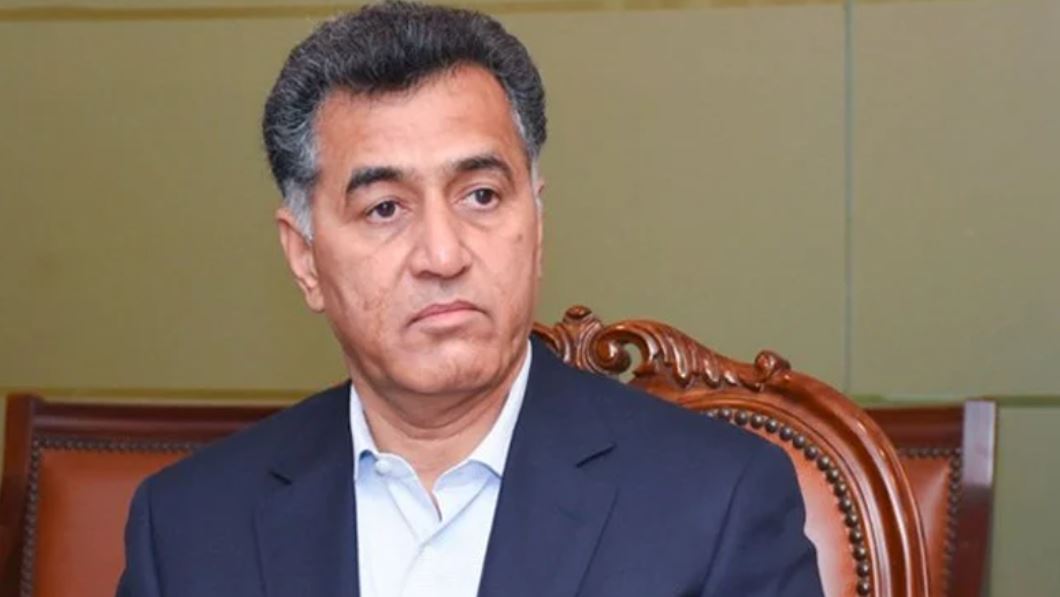
The recent initiation of court martial proceedings against former Inter-Services Intelligence (ISI) Chief, Lieutenant General (Retired) Faiz Hameed, marks a significant and necessary step in ensuring accountability within Pakistan’s military ranks. This development highlights the commitment of the armed forces to uphold discipline and maintain the integrity of the institution, reinforcing that no individual is above the law, irrespective of their past positions or influence.
This decision emphasizes that even those who once held the highest positions in Pakistan’s military can be held accountable for their actions. As the head of the country’s premier intelligence agency, Faiz Hameed was a figure of considerable influence, and his trial reflects the military’s determination to ensure that all members, regardless of rank, adhere to the strict codes of conduct that define the armed forces.
This move is not just about an individual but about the principle that accountability within the military is paramount. The military’s action sends a strong message that it is committed to maintaining professionalism and discipline. It is a positive development, demonstrating a willingness to introspect and take corrective measures where necessary.
While this is a positive step, it is crucial that the process is carried out with the utmost fairness and transparency. The integrity of the proceedings is essential to maintaining the trust of both the military personnel and the general public. It is important to note that these actions are not driven by internal power struggles but by a genuine commitment to upholding the standards of the institution.
Faiz Hameed’s case is a reminder that no one is immune to the consequences of their actions. His tenure as the ISI Chief was marked by significant influence and power, but the current proceedings highlight that such power must be exercised with responsibility. The military’s approach underscores its resolve to ensure that those in power are not allowed to misuse it for personal or political gain.
The significance of these proceedings extends beyond the military, having broader implications for governance and accountability in Pakistan. This sets a precedent that could extend beyond the military, signaling to other institutions the importance of holding their members accountable.
Moreover, the military’s commitment to transparency in this case could serve as a model for other sectors within Pakistan, encouraging a culture of accountability across the board. This is particularly important in a country where institutions often face criticism for a lack of transparency and accountability. Such actions could contribute to a broader movement toward greater institutional integrity throughout Pakistan.
This development is a significant and positive step for Pakistan’s military, reaffirming the institution’s commitment to accountability and discipline. It shows that even those who once held the highest offices are not above the law.
This move should be seen as a reaffirmation of the military’s dedication to maintaining its standards and ensuring that its members adhere to the principles of responsibility and integrity. As the proceedings continue, it is essential that the process remains transparent and fair, reinforcing the trust that the public places in the military as a cornerstone of Pakistan’s stability.
In the broader context, this development could serve as a catalyst for greater accountability across all institutions in Pakistan, promoting a culture of transparency and integrity that is essential for the country’s progress. This case is not just about holding one individual accountable; it is about reinforcing the values that are critical to the strength and resilience of Pakistan’s institutions.
